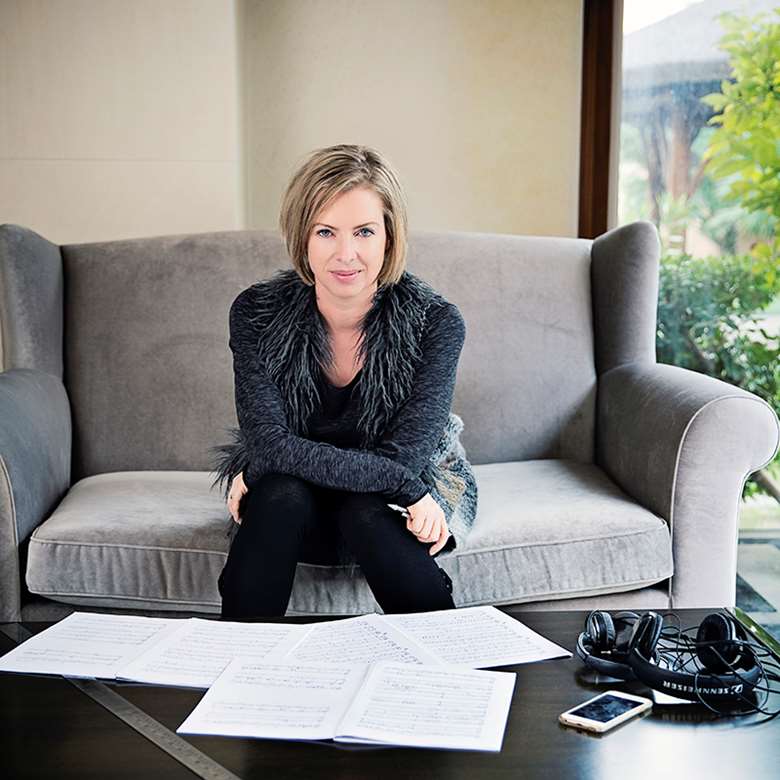Something old, something new, something borrowed…
Joanna Marsh
Tuesday, October 12, 2021
Joanna Marsh on composing contemporary music inspired by previous styles

Register now to continue reading
Thanks for exploring the Gramophone website. Sign up for a free account today to enjoy the following benefits:
- Free access to 3 subscriber-only articles per month
- Unlimited access to our news, podcasts and awards pages
- Free weekly email newsletter








